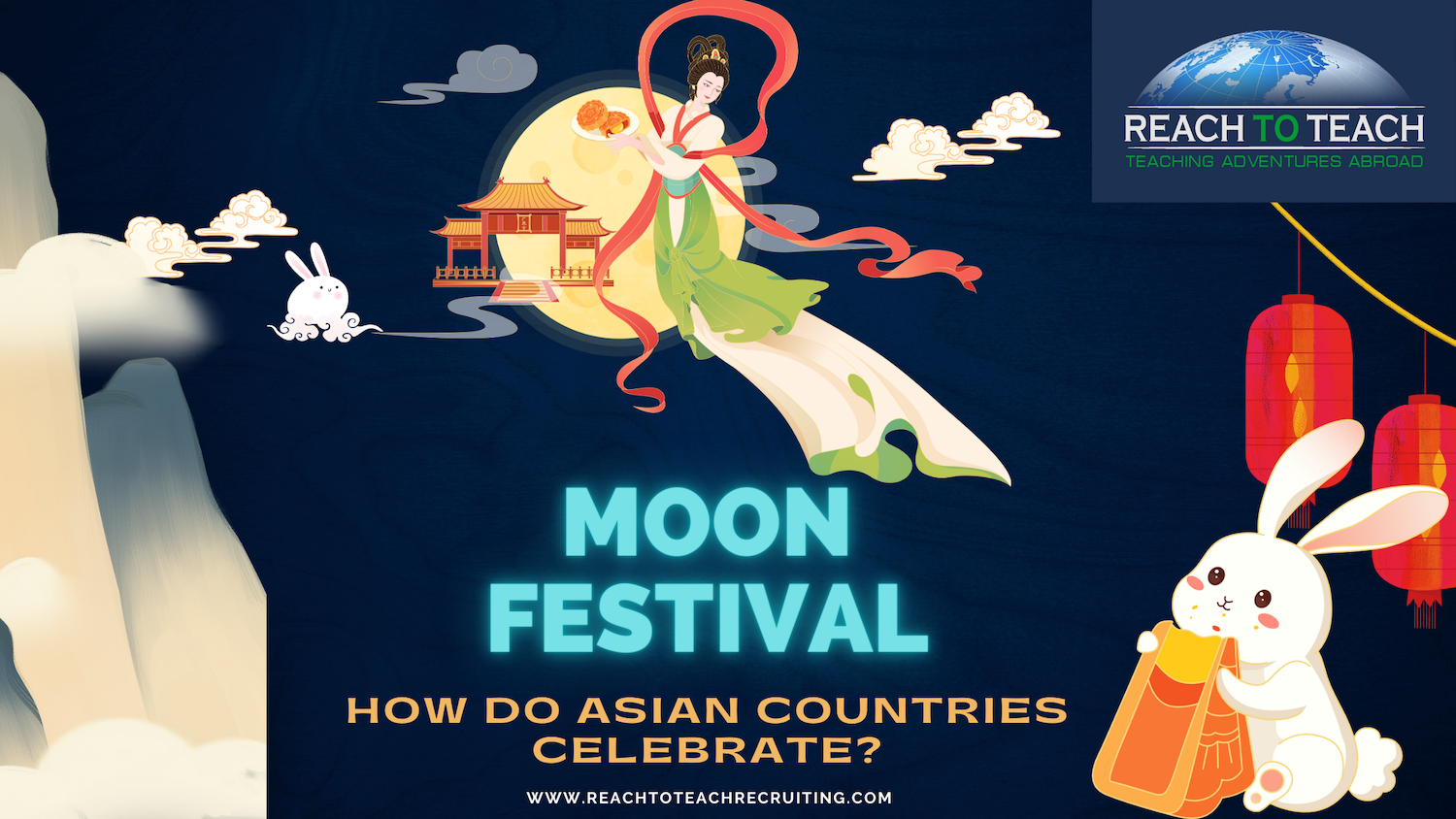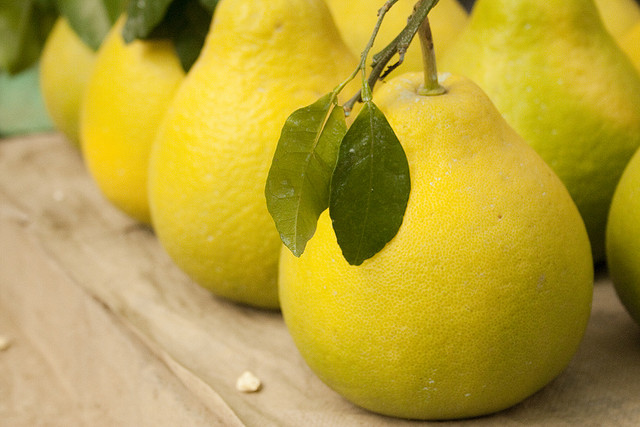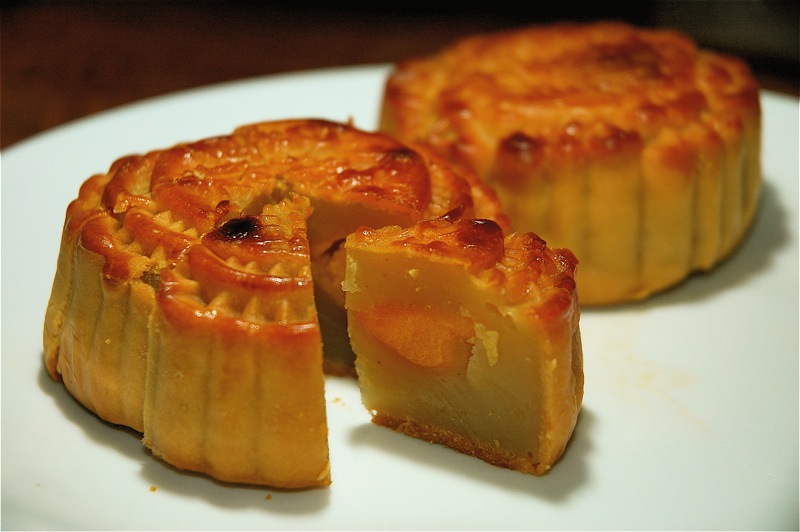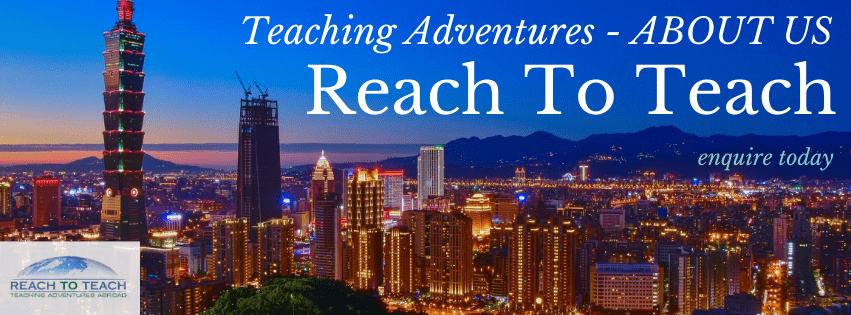Moon Festival – How Do Asian Countries Celebrate?

How Do Asian Countries Celebrate Moon Festival? As we get ready for Mid-Autumn Festival here in Taiwan, we’d like to take the opportunity to highlight the many different ways that harvest season is celebrated in Asia.
Also known as the Mid-Autumn Festival, Moon Festival is a traditional and widely celebrated holiday in various countries in Asia. It is usually held on the 15th day of the 8th month in the lunar calendar, which typically falls in September or early October in the Gregorian calendar.
Taiwan shops are already filling up with barbecue-gear as we approach one of the most favorite holidays of the year in Taiwan at the end of September this year. It has been compared to Thanksgiving dinner in the Western world. We also have different kinds of food that we celebrate at Moon Festival.
Lucky foods that you’ll see during this time of year include:
- Mooncake – There is no celebration without mooncakes!
- Duck – People eat duck during this holiday because of its relation to a folk tale
- Hairy Crab – This is a seasonal delicacy
- Lotus Roots – A symbol of strong family relationships
- Osmanthus Wine – This type of wine is drank for a happy life
- Pomelos – People eat pomelos because the Chinese word for pomelo is you zi (柚子). It means “prayer for a son.”
- Pumpkins – Good health!
- River Snails – Snails mean a good harvest is coming!
- Taro – Eating taro is thought to bring good luck to the family
- And everything you can barbecue on a small grill!
In Taiwan, it is very common to see families barbecuing on small grills outside their homes. It’s also common for families to share their food. Barbecue foods can include chicken and chicken organs, fish, fish heads, shrimp, squid, beef, crabs, shellfish, different types of tempura, meatballs, fishballs, sausage, bamboo shoots, various vegetables, and marshmallow!
We’ll get back to the food later. For now, we want to outline the key aspects of this beautiful Asian festival. This article also highlight different countries in Asia where the harvest season is celebrated.
How Do Asian Countries Celebrate Moon Festival?
Cambodia: Mid-Autumn Festival, known as “Pchum Ben,” is a Buddhist holiday. During this festival, during Cambodians pay respects to deceased relatives. It involves making offerings at temples.
China: Mid-Autumn Festival is one of the most important traditional festivals in China. People celebrate it with family and friends. Everyone gets together to gaze at the full moon. People eat mooncakes, a special pastry filled with various ingredients like red bean paste, lotus seed paste, or salted egg yolks. Lanterns are also an essential part of the celebration, with children often carrying colorful lanterns.
Hong Kong: Hong Kong celebrates the Moon Festival with various activities. Activities include lantern exhibitions, dragon and lion dances, and outdoor gatherings to look at the moon. It is common for people to exchange mooncakes with each other.
Indonesia: The harvest season is celebrated by the Chinese community in Indonesia with mooncakes and various cultural activities.
Japan: In Japan, “Tsukimi” means “moon viewing” or looking at the moon. People gather to admire the full moon and offer rice dumplings called “tsukimi dango” as offerings. It is a quiet and introspective celebration that everyone enjoys.
Malaysia and Singapore: In these Southeast Asian countries, the Moon Festival is celebrated by Chinese communities in a manner similar to China. Family gatherings and eating mooncakes are the norm.
South Korea: While not as widely celebrated as in some other Asian countries, South Korea observes Chuseok. Chuseok is a harvest festival that shares some similarities with the Moon Festival. Families get together to pay respects to ancestors, share traditional foods, and participate in cultural activities.
Taiwan: The Mid-Autumn Festival is celebrated with family reunions, moon-viewing, and the consumption of mooncakes. In some areas, there are also fire dragon dances and other cultural performances. Our staff have already written several articles about celebrating Moon Festival in Taiwan. It really is a joyous and fun time of year!
Thailand: While not a public holiday, the Moon Festival is celebrated by the Thai-Chinese community with mooncakes and gatherings.
Vietnam: In Vietnam, the Moon Festival is known as “Tết Trung Thu” and is a popular holiday for children. Similar to China, it involves mooncake eating, lantern parades, and various traditional activities. Lion and dragon dances are also performed.
Overall, the Moon Festival is an important cultural and family-oriented celebration in many Asian countries. Many people look forward to this special and meaningful holiday. It is marked by various customs and traditions that revolve around the moon as we’ve outlined here. It is also a time for family gatherings and sharing mooncakes.
We hope you all have a wonderful Moon Festival and that you get a chance to celebrate looking at the full moon while eating delicious food with your new friends in Asia.
Happy Mid-Autumn Festival!
The staff at Reach To Teach Recruiting
Don’t Forget To Pin It:






